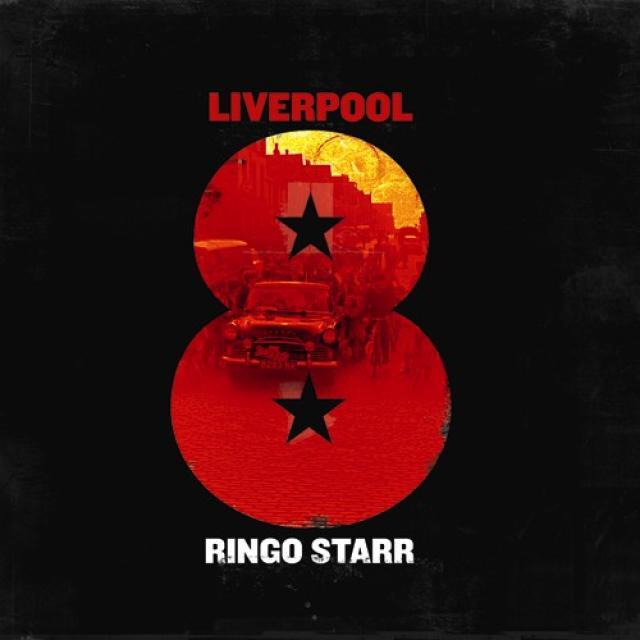
Liverpool 8 (2008)

1. Liverpool 8 2. Think About You 3. For Love 4. Now That She's Gone Away 5. Gone Are the Days 6. Give It a Try 7. Tuff Love 8. Harry's Song 9. Pasodobles 10.If It's Love That You Want 11.Love Is 12.R U Ready
For reasons known only to industry insiders and perhaps a few optimists in the marketing department, a major label chose to give Ringo Starr another go with Liverpool 8. The result? A bit more promotion, a visible presence in music publications, and an album cover that actually showed up on record store shelves. What it didn’t guarantee, of course, was better music. In fact, the material here differs little in tone or quality from his more recent work under independent banners—though this is less an insult than a statement of continuity.
Things do not begin well. The title track, Liverpool 8, opens the record with the sort of broad-strokes nostalgia that might have worked as a school assembly sing-along—but barely holds up as a single. Ringo recounts his personal history with a sincerity that is commendable, but the execution is marred by clunky rhymes, simplistic melodies, and a general whiff of novelty. That it was selected as the lead single is baffling. One imagines a boardroom of confused executives thinking, “This is the one.” It wasn’t.
Which is a shame, because as with most latter-day Ringo records, there’s much here to appreciate. As usual, the sound is Beatle-esque by design—though not by theme. Ringo had been mining that familiar territory for decades, long before this album’s name invited direct comparison. And to his credit, he was now doing it without relying on his more famous former bandmates or a rotating cast of rock luminaries. The Roundheads—his now well-established ensemble—handled the bulk of the heavy lifting, and did so with unpretentious charm.
Trouble surfaced, however, in the studio. Mark Hudson, Ringo’s longtime co-writer and producer, exited midway through the sessions following creative (and reportedly personal) differences. Dave Stewart of Eurythmics fame was brought in to “re-produce” the album—a title as awkward as the task itself. The change is barely audible. Most of the album still carries Hudson’s sonic fingerprint, with Stewart’s name appearing only on two tracks: the aforementioned Liverpool 8 and Gone Are the Days, a song that starts promisingly enough but drifts off before making a lasting impression.
The strongest moments, predictably, are the ones that sound most like the Beatles’ lighter days. Give It a Try carries a warm McCartney-esque shuffle, and Love Is reaches for something Lennon-like in its earnest, aching simplicity. These are well-crafted songs, tuneful and heartfelt, and prove yet again that Ringo’s best work in recent decades has come not from emulation, but from channeling a sensibility he helped invent.
Yes, he still insists on referencing It Don’t Come Easy in what feels like every third album. And yes, a few of the experiments misfire. But apart from the clumsy opener, most of Liverpool 8 stands firmly on solid ground. It’s another reminder that while Ringo may never have scaled the same solo heights as his former bandmates, he has quietly assembled a body of work that deserves more than a polite shrug. If only more listeners were still paying attention.
Go back to the main page
Go To Next Review